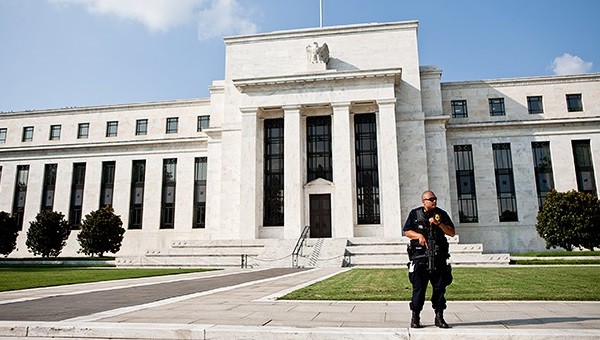The New York Fed is concerned subprime borrowers are falling behind on their car loan payments.
“The increased level of distress associated with subprime loan delinquencies is of significant concern, and likely to have ongoing consequences for affected households,” a team from the Federal Reserve Bank of New York wrote in a Wednesday blog post regarding outstanding U.S. auto loans in the three months ending in September.
While total auto loan delinquency rose just slightly in the third quarter to 3.6%, that figure was kept low due to loans issued by banks and credit unions. The delinquency rate was much higher among auto finance company loans, surging a full percentage point in the third quarter on a year-over-year basis.
At the same time, subprime auto loan delinquencies have worsened significantly in the past few years. Based on a four-quarter moving average, the percent of subprime auto loan delinquencies has risen near 2% for 2016—a figure not seen since the tail end of the financial crisis.
“This translates into a large number of households, with roughly six million individuals at least ninety days late on their auto loan payments,” according to the blog post.
Curiously, the New York Fed choose to comment on how the consumer is affected by such loans—an angle previously taken by comedian John Oliver, who called out GM Financial and Santander for expanding their subprime lending activities.


